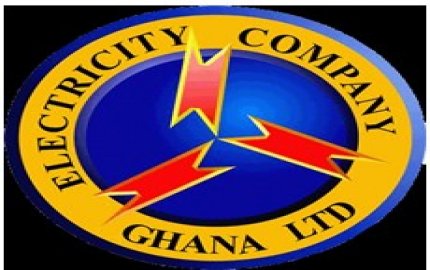 The planned privatization of Electricity Company of Ghana, a cardinal recommendations of the IMF’s bailout plans is on course, Business Day has learnt.
The planned privatization of Electricity Company of Ghana, a cardinal recommendations of the IMF’s bailout plans is on course, Business Day has learnt.
The paper has also gathered that the privatization of the power distribution company could come into full force next year.
The ECG Maintenance Officer in the Central region, Mr. Brekorang, who has kicked against the move says the privatisation of the power utility company would result in thousands of workers losing their jobs.
“What is so bad is that next year, about 3,000 workers of ECG are going home and they are going to add up to the unemployment situation in the country.
“The consequence of this is that, as they want to sell ECG, Ghanaians will suffer more when they buy credit from ECG, the situation of credit will be more than fuel increment,” he added.
The Breton Wood institution wants to see a complete overhaul of the power sector which has been plunged into an almost chaos. This development indicates that government subsidy for the power sector will reduce significantly, propelling a possible rise in electricity bills for the already overburdened populace.
It is however unclear whether part of the company will be sold on the Ghana Stock Exchange, as was the initial plan. Following the dismissal of the MD, William Hutton Mensah, which received opposition from majority of ECG workers, the embattled power utility company is presently undergoing restructuring.
Bloomberg had earlier reported that government is set to push state-owned corporations, including ECG to issue debt on their own balance sheets.
It quoted Finance Minister, Seth Tekper as saying that Ghana will have “vigorous use of alternative financing instruments for energy and non-energy investments,” “We will continue to enhance the use of oil as a resource to leverage the capital markets for development.”
He also indicated that Cocobod may sell long- term bonds to finance infrastructure in the industry while securities backed by oil and gas assets are also being considered as he presented the country’s 2015 spending plan.
The Bank of Ghana occasionally sells short-term cocoa bills, including an offer in June 2014 of GHc317.8 million I ($100 million) of 182- day notes.
Since early this year, Ghana has been hit by one of the worst energy crisis which has led to massive load shedding due to acute power shortage. The power shortage is as a result of a fall in water levels in the Akosombo Dam and inconsistent supply of gas from Nigeria due to reported oil and gas strikes in that country.
Lately, Ghana has been grappling with power outages, shortage of gas among others that has caused severe power shortage resulting in load shedding.